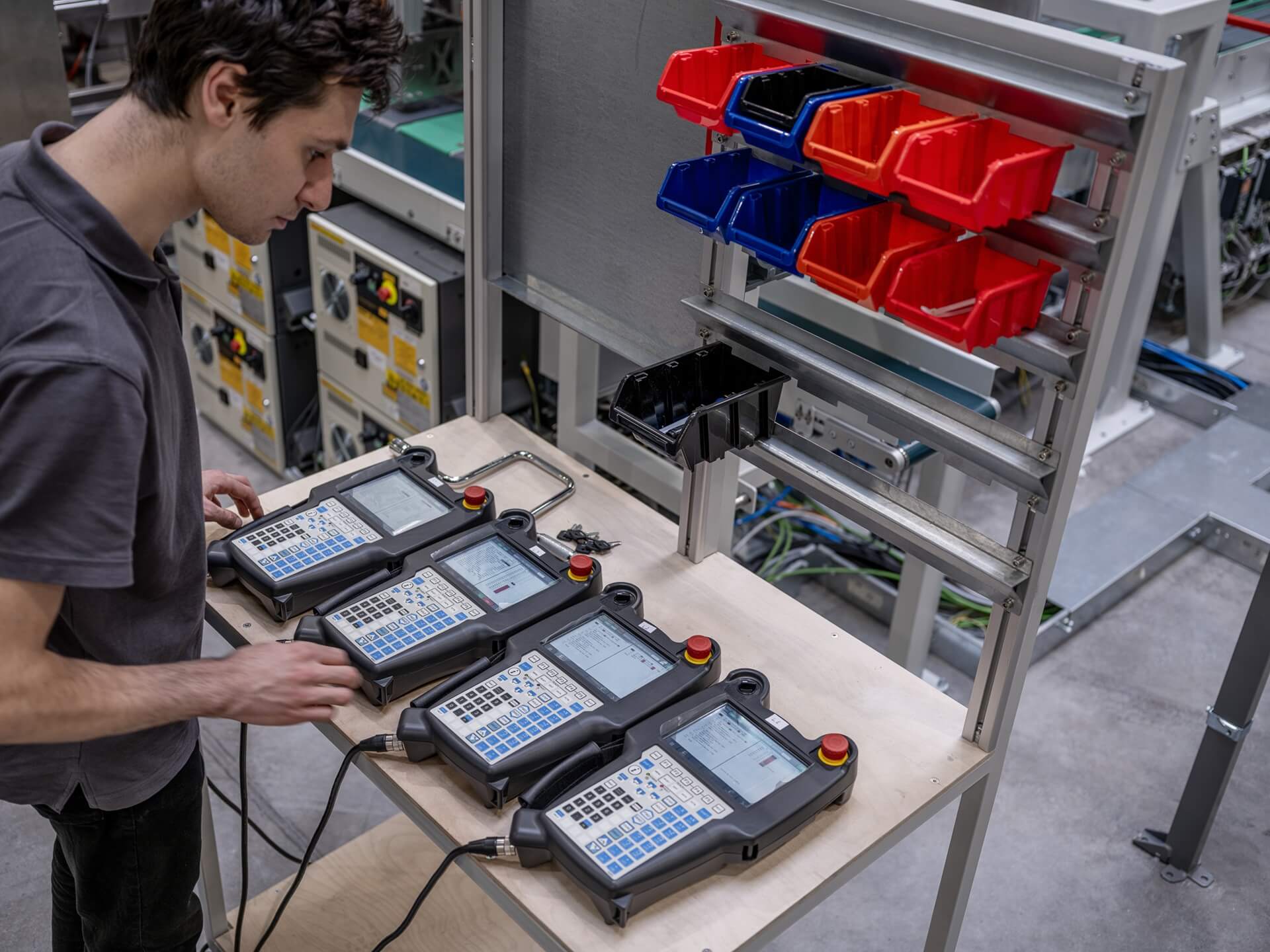
Unmanned production is a concept that has attracted the attention of manufacturers and engineers worldwide for years. In short, it refers to a manufacturing process that requires no direct human intervention during its operation. But is this truly achievable on a full scale? Examples from various industries show that operator-free production is becoming increasingly feasible, though it still faces challenges. The key to making it a reality lies in integrating modern technologies such as artificial intelligence (AI), robotics, and advanced monitoring systems, which enable full control over the production process. This integration allows for quick responses to process changes and maintaining production stability without interrupting operations. Unmanned production is also attractive from a cost-optimization perspective, as it reduces the need for constant personnel presence on the production floor, thus lowering labor expenses. At the same time, it enables companies to maintain high product quality, even in large-scale production, which was previously difficult to achieve. However, fully autonomous factories remain rare; many manufacturers still need to balance automation with human oversight to ensure the reliability and safety of their processes.
The foundation for implementing unmanned production is factory automation. It is automation that allows machines to replace many manual tasks, contributing to increased efficiency and cost reduction. Factory automation encompasses not only assembly and packaging but also advanced monitoring systems capable of independently detecting faults and making repair decisions. This enables machines to operate continuously, making factories more independent. It is essential to understand that automation is more than just mechanizing processes – it also involves intelligent algorithms that analyze sensor data and learn how to optimize individual production stages. This way, factories can better respond to order fluctuations and market dynamics, adjusting production almost in real time. Additionally, automation opens doors to innovation, allowing the introduction of new technologies without costly downtimes. Workers, freed from repetitive tasks, can focus on developing innovative solutions, giving companies a competitive advantage in a rapidly changing business environment.
An operator-free production line is one of the essential elements of the intelligent factory vision. Modern technological solutions, such as the automation of production processes, allow for creating lines that operate entirely independently. In practice, this means that from the moment raw materials are delivered, through their processing, to the final packaging, everything happens without human supervision. This not only shortens production time but also eliminates errors due to human oversight. Implementing such lines also allows for better resource management, resulting in more sustainable production by reducing material and energy waste. This enables companies to meet increasingly stringent environmental requirements, which is becoming crucial in many industries. However, achieving full autonomy requires advanced sensor systems, monitoring algorithms, and continuous process optimization for the factory to run smoothly and uninterrupted. Integrating these solutions with existing production lines is also challenging, as each change requires precise planning and testing before being implemented on a larger scale. While these technologies are already available, fully utilizing and adapting them in the industry requires time and investment in technical know-how and infrastructure.
The question of whether unmanned production will become an industry standard has no straightforward answer. On the one hand, technological advancements and the development of the intelligent factory concept suggest that more production plants will strive for complete automation. Investments in automation not only lower costs but also enable faster product launches, a key factor in highly competitive industries. On the other hand, certain sectors require complex decision-making or a personalized approach, as with luxury goods production or precision medicine. In these cases, full automation may be less cost-effective or even impossible to implement.
However, even in these demanding sectors, technology still plays a role – production automation can assist people by taking over repetitive, time-consuming tasks, allowing focus on more innovative solutions. Companies already investing in such solutions not only reduce production costs but also prepare for future market changes. Therefore, we can predict that unmanned production will gradually develop, becoming an integral part of the industry’s future, although likely as part of a more complex strategy that combines automation with key human competencies.